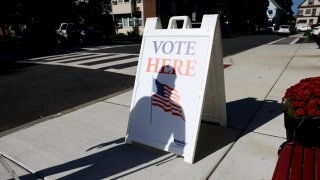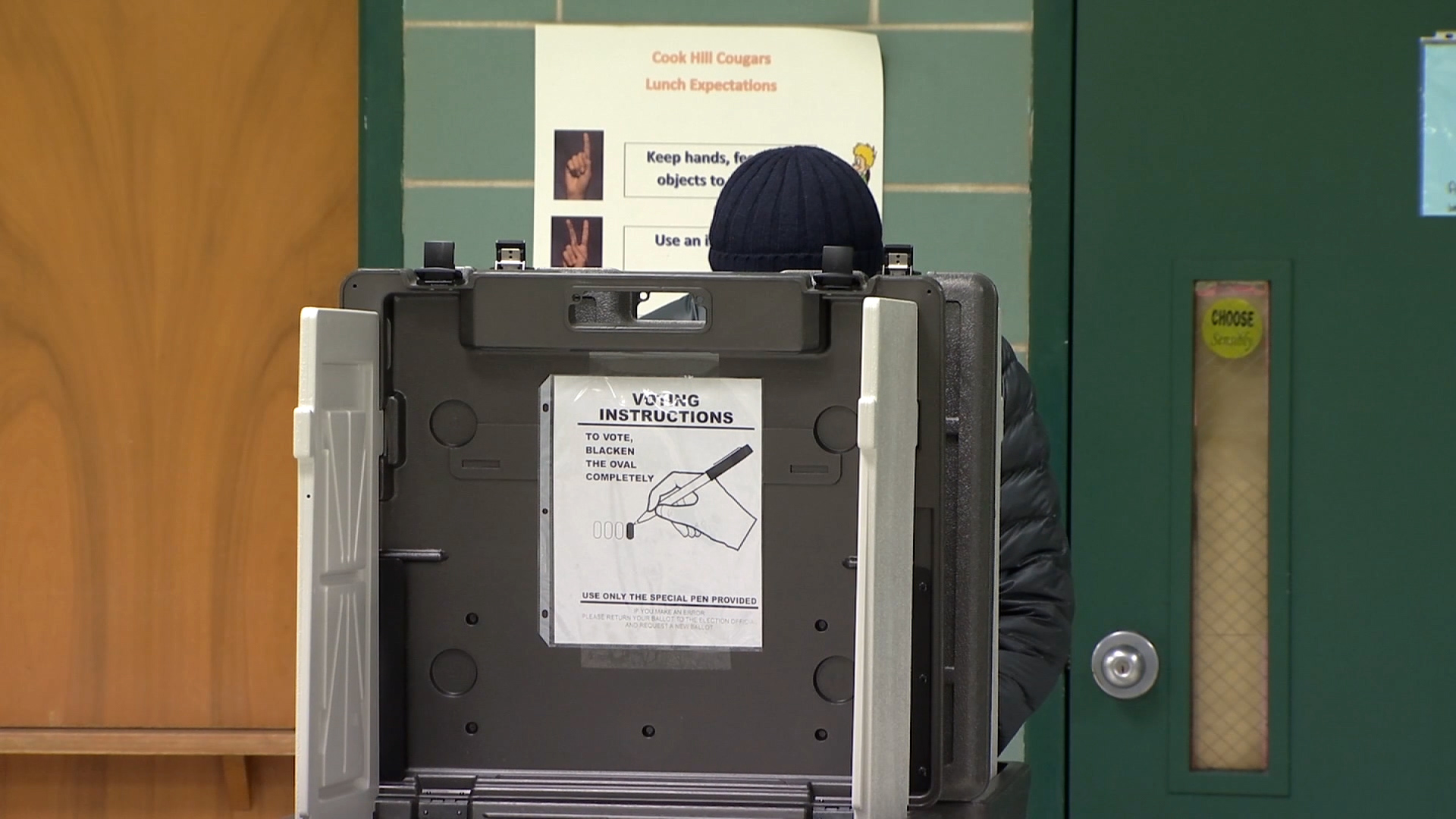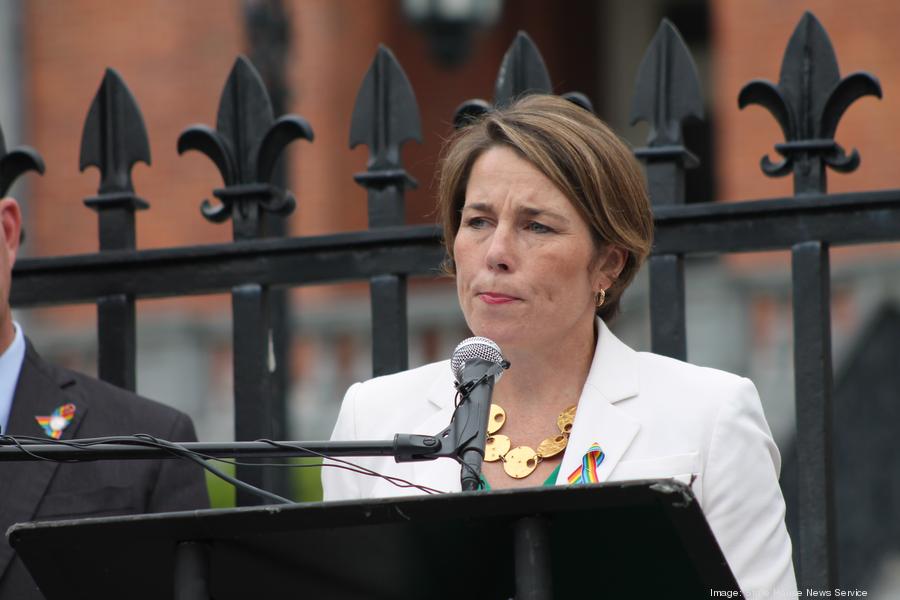
With less than one week until the Sept. 6 Massachusetts primary elections, it's time for residents to decide who to vote for. The results will narrow the Democratic and Republican fields for the November general elections, settling, among other things, who will run the state after Gov. Charlie Baker.
On the ballot this year, there are five major contested statewide races to pay attention to: governor, lieutenant governor, attorney general, secretary of state and state auditor.
WATCH ANYTIME FOR FREE
>Stream NBC10 Boston news for free, 24/7, wherever you are. |
(See Massachusetts primary election results here after polls close at 8 p.m.)
Recent polls by the Massachusetts Fiscal Alliance Foundation and the MassINC Polling Group seemed to indicate that statewide candidates have so far failed to make a big impression on voters, so more people than usual may be looking to study up on the candidates. Here's a breakdown of where things stand:
Get updates on what's happening in Boston to your inbox. Sign up for our >News Headlines newsletter.
Governor
Republican Charlie Baker isn't in the governor's race -- he's serving out the remainder of his second term before leaving office without running for re-election.
Attorney General Maura Healey became the last Democrat standing in the primary when state Sen. Sonia Chang-Diaz dropped out of the race in June -- making her the favorite to replace Baker on Beacon Hill. She's likely to face Republican Geoff Diehl, who's received former President Donald Trump's endorsement, in the general election — but that's if he wins his primary on Tuesday.
Healey, 51, is the state's attorney general, a position she's held since 2014. Born in Maryland and once a member of the Harvard women's basketball team, Healey would be the first woman elected governor in the state's history. (Jane Swift served as acting governor from 2001-03, taking over mid-term for Paul Cellucci, but was never elected.) Healey would also become the state’s first openly gay candidate elected governor and the nation’s first openly lesbian chief executive of a state.
Diehl, 53, is seeking the governor's office following an unsuccessful bid to unseat Sen. Elizabeth Warren in 2018. Originally from Texas, Diehl has the backing of the state Republican party along with Trump's. He is faces fellow Republican Chris Doughty, a businessman who has never run for elected office. The 59-year-old Brigham Young University graduate is considered a more moderate alternative for Republican voters in the primary.
Lieutenant Governor
Three Democrats are vying for the state’s second in command: Salem Mayor Kim Driscoll, Acton state Rep. Tami Gouveia and Longmeadow state Sen. Eric Lesser.
Driscoll, who has been serving as mayor of Salem since 2006, is hopeful her on-the-ground experience as a municipal official will give her an edge in the race. Gouveia, who grew up in Lowell and has a background in social work and public health, set a goal for her campaign to better support residents who have historically been marginalized. Lesser has framed his connection to western Mass. and experience in both federal and state government as assets when it comes to serving communities outside of the Boston hub.
Republican lieutenant governor candidates Leah Cole Allen and Kate Campanale are both former state representatives. Campanale, who's running alongside Doughty, has pitched the ticket as a centrist option. Allen, whose campaign is aligned with Diehl, said that the pair is running on Trump-era policies, listing energy independence, border security and low unemployment as examples.
Get updates on what's happening in Boston to your inbox. Sign up for our News Headlines newsletter.
Attorney General
The Democratic race for Massachusetts attorney general dwindled to just two candidates Tuesday. Former assistant attorney general Quentin Palfrey officially suspended his campaign and endorsed former Boston city councilor Andrea Campbell, who will face off against workers’ rights attorney and fellow Democrat Shannon Liss-Riordan. If elected in November, Campbell would be the first Black woman to hold the office in Massachusetts.
Whoever wins will face off against Republican Jay McMahon, a trial attorney unopposed in the primary, in the November election.
Secretary of State
Tanisha Sullivan, an attorney and life sciences executive who serves as president of the Boston branch of the NAACP, is running to unseat incumbent William Galvin, who has been in office since 1995.
Much of Sullivan's campaign has focused on the role of the secretary of state and whether the longtime incumbent is the right person to lead the office at a time when so many of its functions -- elections administration, voter registration and more -- have taken on new weight in the wake of Trump's presidency and the Jan. 6, 2021, insurrection.
A recent poll by the Massachusetts Fiscal Alliance Foundation found that Galvin was the only candidate of either party to register at least 50% support.
Auditor
Two Democrats — Methuen state Sen. Diana DiZoglio and transportation advocate Chris Dempsey — are vying for the chance to succeed state Auditor Suzanne Bump, who opted not to seek reelection. Both will be on the ballot.
DiZoglio served three terms in the House before winning election to the Senate in 2018. She has long been a vocal advocate for restricting the use of non-disclosure agreements on Beacon Hill and has criticized lawmakers for not offering more pandemic relief to restaurants and other small businesses.
Dempsey, a public transportation advocate who touts leading the movement to prevent the Olympics from coming to Boston in 2024, narrowly edged out DiZoglio for the party's convention endorsement in June.
What About Ballot Questions?
Ballot questions — issues that residents get their say on statewide — are voted on in the November general election, not primaries.
More on the Massachusetts Primaries
State House News Service and the Associated Press contributed to this report.



